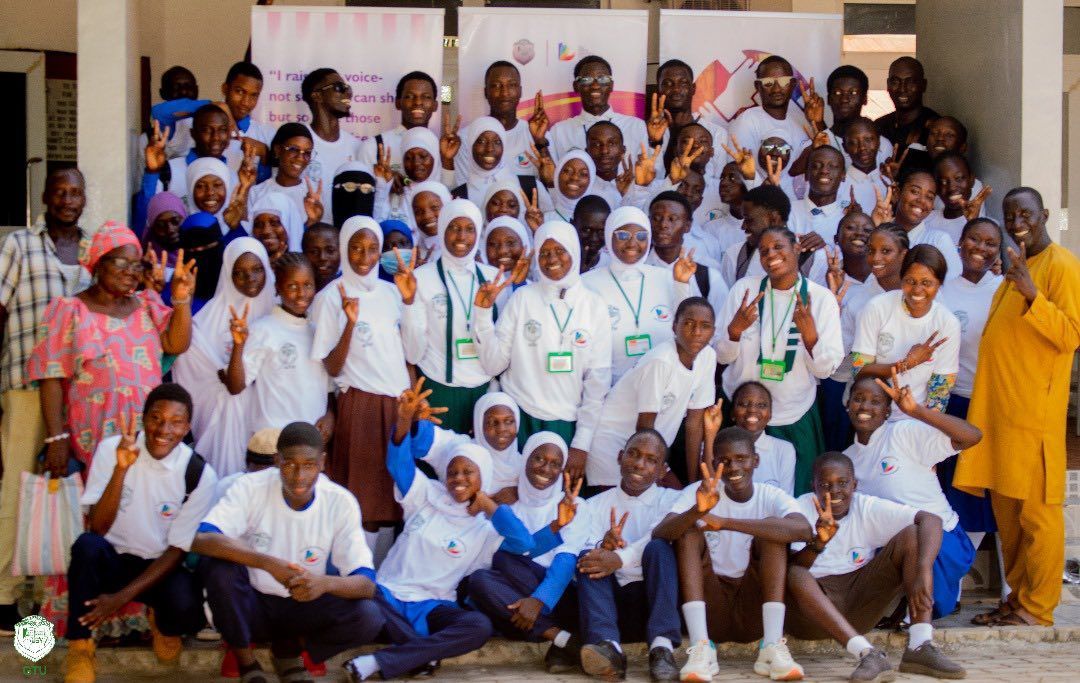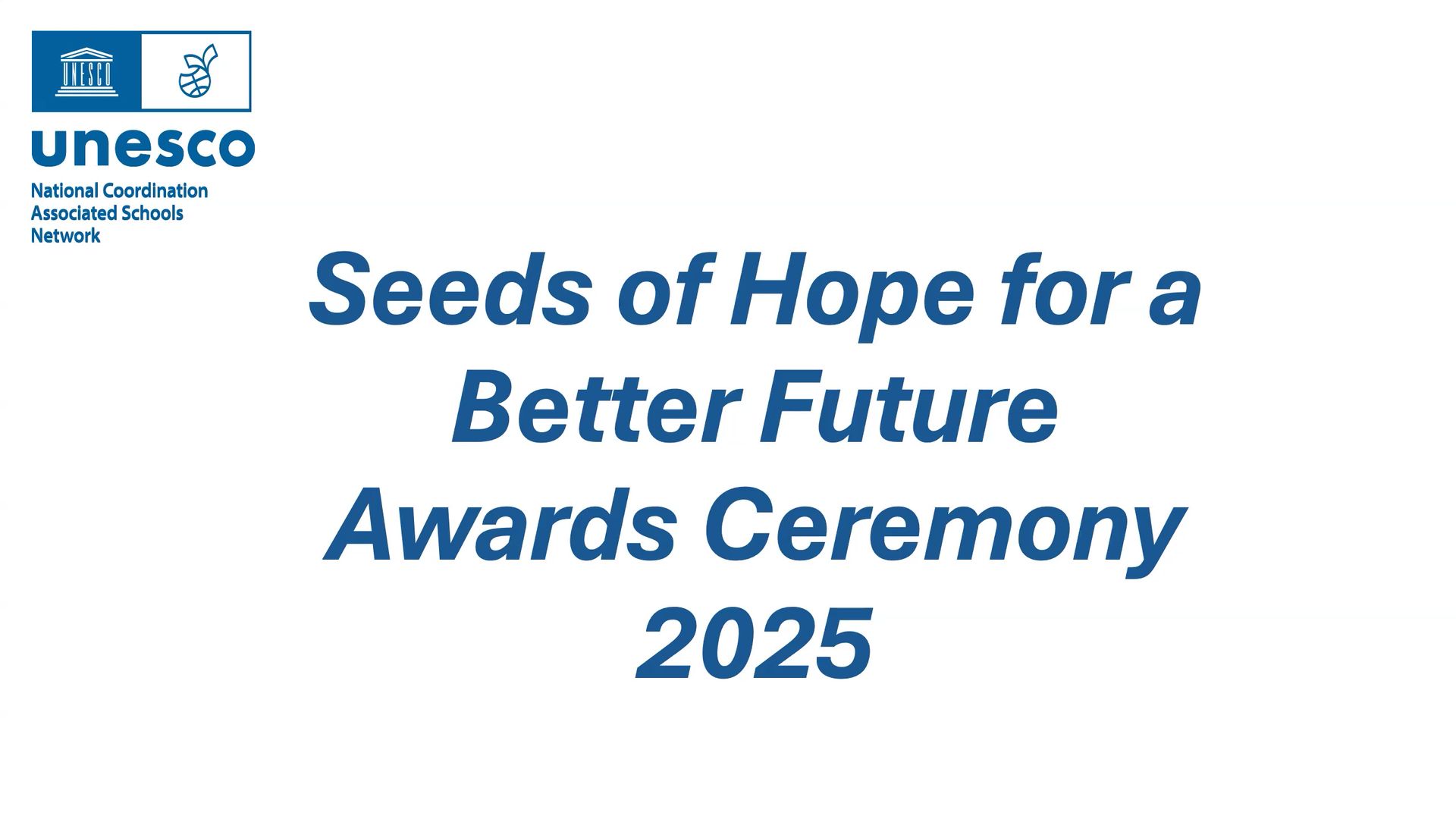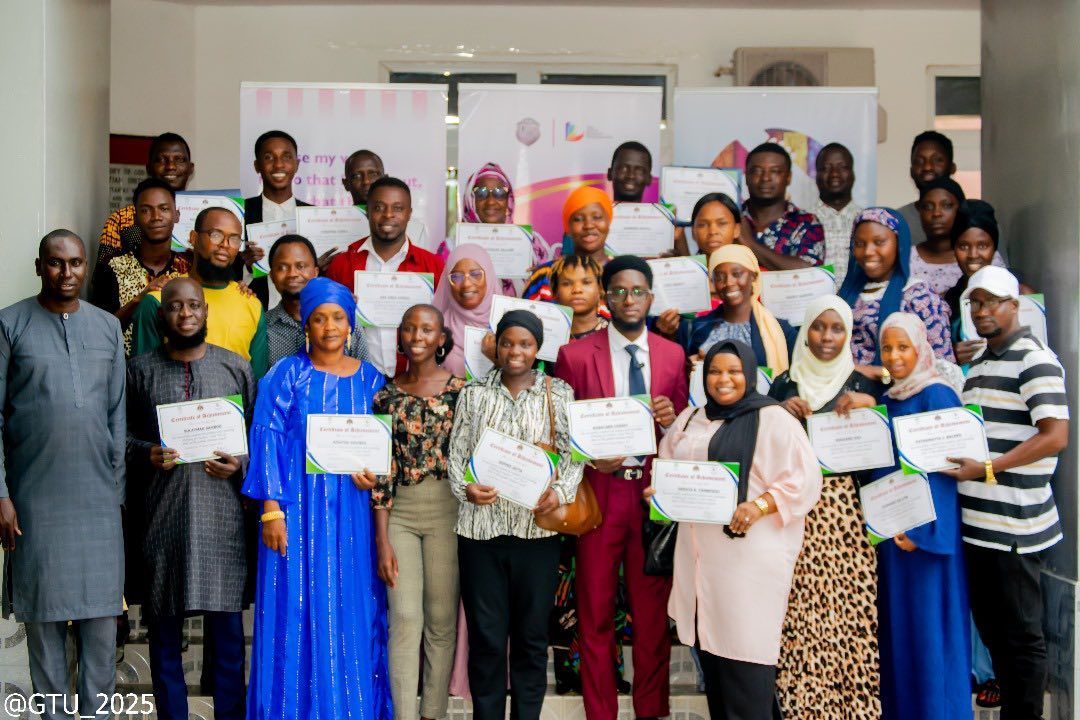Human Rights Education: we are all duty bound to shine a light wherever injustice arises
Daniel Kebede, president of the NEU, explains the relevance of Human Rights Education for educators, unionists and young people today.
Daniel Kebede: Each year human rights day brings our union and our movement an opportunity to reflect on the values and principles set out in the Universal Declaration of Human Rights over 17 years ago.
It was a remarkable achievement born from the ashes of war, the declaration constituted and continues to constitute a common vision for the rights of all people, when the world was scarred by trenches of hatred and conflict. The declaration forged common ground, establishing a guiding star for our highest ideals.
Remaining true to those ideals means that while we celebrate the birth of the declaration, living up to its promise means that we are all duty bound to shine a light wherever and however injustice arises.
Among the declarations provisions article 26 declares that everyone has a right to education, yet around the world one quarter of a billion children are out of school, and many more are in schools where conditions mitigate against their learning. When children lack sanitation, clean water, adequate nutrition, proper learning resources, overcrowded classrooms and without access to a qualified teacher, it is inevitable that over half of 10 year olds in low income countries are unable to read.
Likewise article 20 defends the right to protest, yet around the world we see trade unionists and others attacked and even murdered when exercising their right to freedom of assembly. For example, just recently almost 100 teachers were beaten and arrested in Sudan for demonstrating against the military coup.
Similarly article 23 asserts a right to join and form trade unions, yet trade unionists continue to be the targets of state violence the world over. For example, in Colombia where almost 35 teachers have been killed in the country since 2018, or in Hong Kong where the authorities forced the disbandment of the Hong Kong professional teacher’s union earlier this year.
Even for our colleagues joining this call from the UK, we do not need to look far to see fundamental rights being violated in the UK. Over four million children live in poverty, homelessness and housing insecurity are rife. Right now, the UK government is spearheading the ‘police and crime bill’, that will trample on the right to protest, the freedom of assembly, and make a mockery of our democracy. The ‘over the borders bill’ will criminalise refugees and asylum seekers.
Threats to human rights anywhere are threats to human rights everywhere, and their defence requires engaged, educated and active citizens. That's why education, and more specifically, human rights education is key.
Human rights education is central to helping young people understand their world and their responsibilities within it. It helps develop the knowledge, critical thinking and articulacy that are necessary to recognise, defend and protect human rights.
In the UN Convention of the Rights of the Child article 12 establishes that it is every child's right to have their ideas, voices and concerns, not just heard but also taken seriously. This is one of the reasons I'm so delighted that we're launching this competition today, because it's not just about ensuring young people understand their rights, but it's also about ensuring that their voices are heard and understood.
So as such, I encourage all educators to engage in their classes in this competition. Earlier this year at the Annual International Solidarity Conference event, Michelle Bachelet the UN High Commissioner for human rights said “please do not give up on the pursuit of universal human rights”. He reminded us that as educators our efforts are more important than ever, so colleagues there is no stronger force for equity and justice in the world than you are.
Teachers and educators are the indomitable spirit of our profession, of our movement that buttressed the creation of the declaration of human rights in 1948. I know that it will be the same spirit that will continue to fuel our fight for universal application of those very rights.
Find out more about the competition here.




